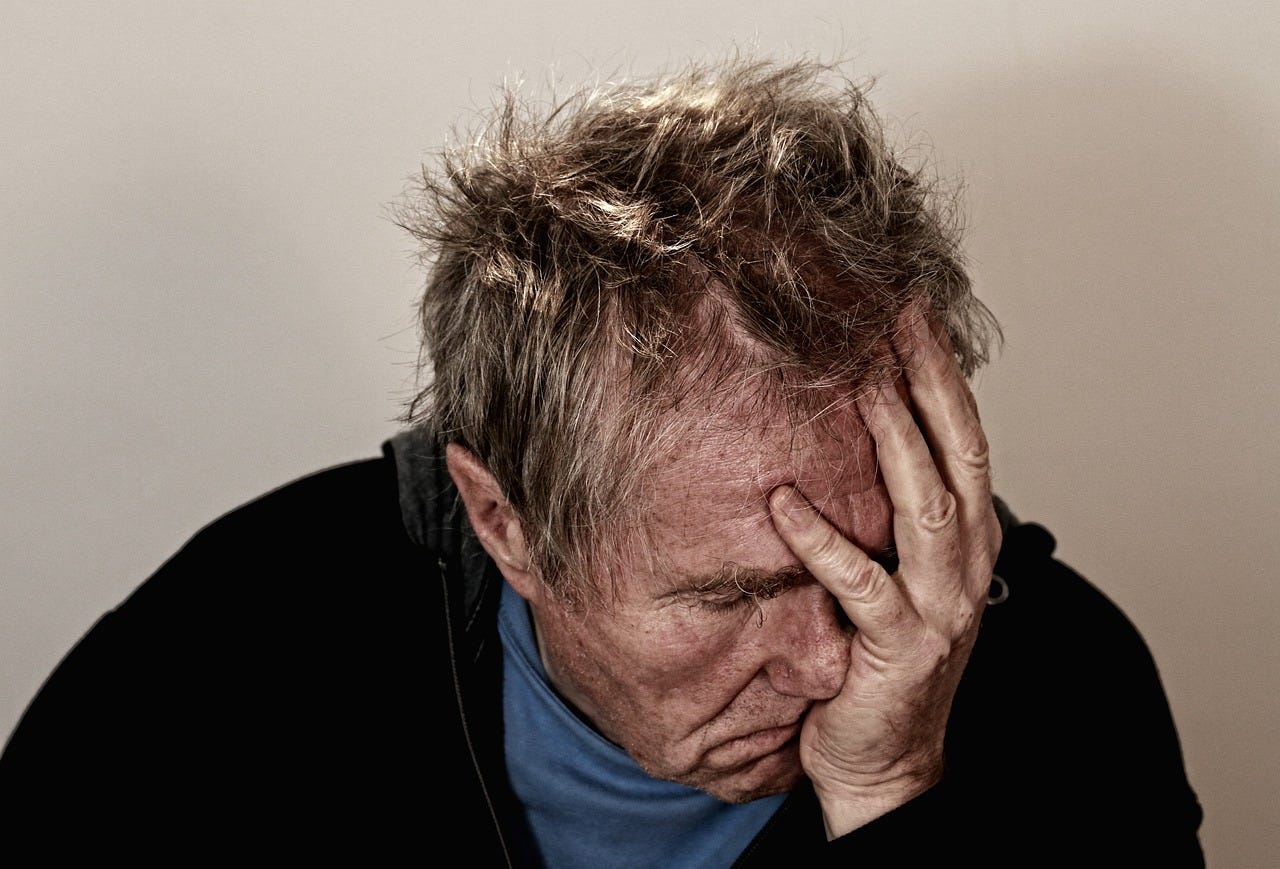Report by Duncan Williams for Pulman's Weekly News
Mental Health Awareness Week (12th to 18th May) is a vital opportunity for us all across the UK to pause and reflect on a subject that touches every aspect of our lives: mental health. Far from being a niche concern or a private struggle, mental health shapes our experiences at work, at home, in our communities – and in our very sense of self.
Mental Health Is Everything
Mental health is not a single issue that can be boxed away. It's intricately linked to our physical wellbeing, our financial security, our relationships, and our daily routines. It's present in moments of crisis and in the everyday quiet.
When our mental health is strong, we’re better able to navigate life’s ups and downs. But when we struggle, even simple tasks can feel overwhelming.
Unfortunately, recent findings from mental health charity Mind suggest that public understanding of mental health is slipping backwards. Stigma is creeping back in, and outdated attitudes persist. At the same time, the systems meant to support those of us in crisis are overstretched and underfunded. Those already facing discrimination, financial hardship or housing insecurity often find themselves with the least access to help.
This year’s Mental Health Awareness Week carries the theme: “No Mind Left Behind” – a call to action for individuals, communities, and policymakers to ensure support is available to everyone, regardless of their circumstances.
Practical Ways to Support Your Mental Health
Whether you’re currently struggling or simply trying to maintain your wellbeing, there are concrete steps you can take to protect and improve your mental health. Here are some practical suggestions:
1. Talk to Someone You Trust
It can be difficult to open up, but speaking to a friend, family member, or colleague can be a powerful first step. You don’t need to have all the answers – just being heard can lighten the load.
2. Reach Out for Professional Support
If things feel too much, don’t hesitate to seek professional help. Your GP is a good starting point, and there are many charities offering free or low-cost support, such as Mind, Samaritans, and local mental health services. You deserve support, no matter how ‘small’ your struggle may feel.
3. Mind Your Body to Support Your Mind
Regular physical activity, a balanced diet, and adequate sleep can all have a significant impact on your mood and mental clarity. Even small changes, like a short walk or cutting back on caffeine, can make a difference over time.
4. Limit Social Media and ‘Negative’ News Intake
Constant exposure to distressing headlines or unrealistic portrayals of other people’s lives can damage self-esteem and fuel anxiety. Give yourself permission to switch off when you need to.
5. Stay Connected – Even When It’s Hard
Isolation can make mental health challenges worse. Try to stay in touch with friends or join local groups where you can connect with others. If you're not ready for in-person contact, healthy online communities can offer support and solidarity.
6. Don’t Be Afraid to Say "I’m Not OK"
There’s strength in vulnerability. It's OK to struggle. It's OK to need help. You are not weak, broken, or a burden – you are human.
Tackling the Bigger Picture
It’s clear that mental health can’t be separated from the broader challenges in society. Poverty, racism, housing insecurity, and inequality are all factors that compound mental health difficulties. That’s why it’s so important to keep pressure on those in power to treat mental health as the urgent priority it is – not just during Mental Health Awareness Week, but all year round.
We must also continue challenging stigma wherever we see it – whether it’s in the workplace, the media, or our own communities. A society where everyone feels safe to talk about their mental health is a society where everyone has the chance to thrive.
A Final Word
If you are struggling right now, please know this: you are not alone. Help is available. There is no shame in seeking support, and you do not have to carry this burden in silence. Whether it’s reaching out to a friend, calling a helpline, or visiting your GP, taking that first step could change everything.
This Mental Health Awareness Week, let’s commit to leaving no mind behind – starting with our own.
Useful Resources:
Mind – www.mind.org.uk
Samaritans – Call 116 123, free and available 24/7
NHS Every Mind Matters – www.nhs.uk/every-mind-matters
Let’s keep the conversation going. You matter.
( Images: Gerd Altmann 📸 )



